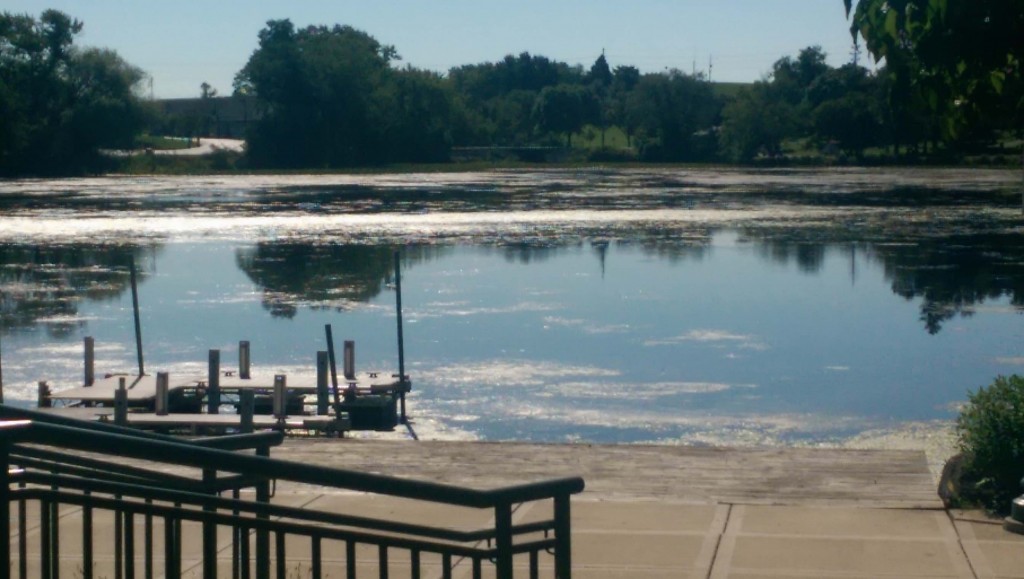Good morning, Whitewater.

Monday will be sunny and mild, with a high of sixty-nine. Sunrise is 6:42 AM and sunset is 6:52 PM. The moon is a waning crescent with just two percent of its visible disk illuminated.
On this day in 1862, Pres. Lincoln first publicly announces the Emancipation Proclamation:
In September 1862, the Battle of Antietam gave Lincoln the victory he needed to issue the Emancipation. In the battle, though General McClellan allowed the escape of Robert E. Lee’s retreating troops, Union forces turned back a Confederate invasion of Maryland. On September 22, 1862, five days after Antietam occurred, Lincoln called his cabinet into session and issued the Preliminary Emancipation Proclamation.[54] According to Civil War historian James M. McPherson, Lincoln told Cabinet members that he had made a covenant with God, that if the Union drove the Confederacy out of Maryland, he would issue the Emancipation Proclamation.[55][56] Lincoln had first shown an early draft of the proclamation to Vice President Hannibal Hamlin,[57] an ardent abolitionist, who was more often kept in the dark on presidential decisions. The final proclamation was issued January 1, 1863. Although implicitly granted authority by Congress, Lincoln used his powers as Commander-in-Chief of the Army and Navy, “as a necessary war measure” as the basis of the proclamation, rather than the equivalent of a statute enacted by Congress or a constitutional amendment. Some days after issuing the final Proclamation, Lincoln wrote to Major General John McClernand: “After the commencement of hostilities I struggled nearly a year and a half to get along without touching the “institution”; and when finally I conditionally determined to touch it, I gave a hundred days fair notice of my purpose, to all the States and people, within which time they could have turned it wholly aside, by simply again becoming good citizens of the United States. They chose to disregard it, and I made the peremptory proclamation on what appeared to me to be a military necessity. And being made, it must stand.”[58]
Initially, the Emancipation Proclamation effectively freed only a small percentage of the slaves, those who were behind Union lines in areas not exempted. Most slaves were still behind Confederate lines or in exempted Union-occupied areas. Secretary of State William H. Seward commented, “We show our sympathy with slavery by emancipating slaves where we cannot reach them and holding them in bondage where we can set them free.” Had any slave state ended its secession attempt before January 1, 1863, it could have kept slavery, at least temporarily. The Proclamation only gave Lincoln the legal basis to free the slaves in the areas of the South that were still in rebellion. However, it also took effect as the Union armies advanced into the Confederacy.
The Emancipation Proclamation also allowed for the enrollment of freed slaves into the United States military. During the war nearly 200,000 blacks, most of them ex-slaves, joined the Union Army.[59] Their contributions gave the North additional manpower that was significant in winning the war. The Confederacy did not allow slaves in their army as soldiers until the last month before its defeat.[60]
Google-a-Day asks a question about a sports games:
The basis of modern Fantasy Football was developed by Wilfred Winkenbach in 1962, laying the blueprint for a League that was known by what acronym?
